trending topics
market reports
-
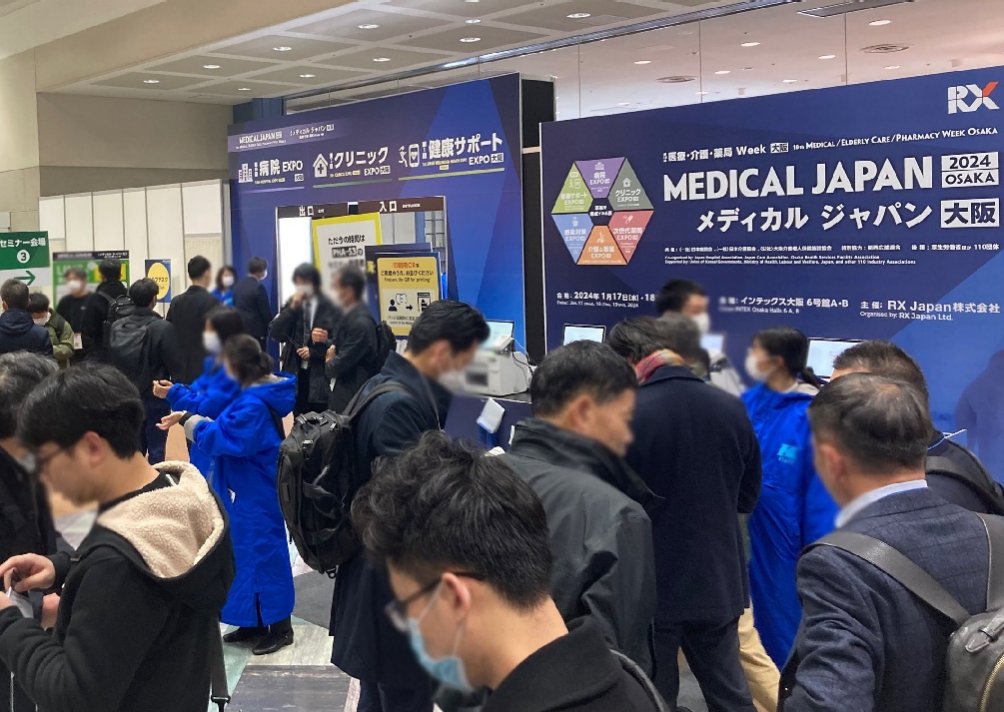
MEDICAL JAPAN 2025 OSAKA Returns to Showcase Global Innovations
2025-02-17
-

Visit MEDICAL JAPAN 2023 TOKYO and take full advantage of the business opportunities!
2023-09-01
-
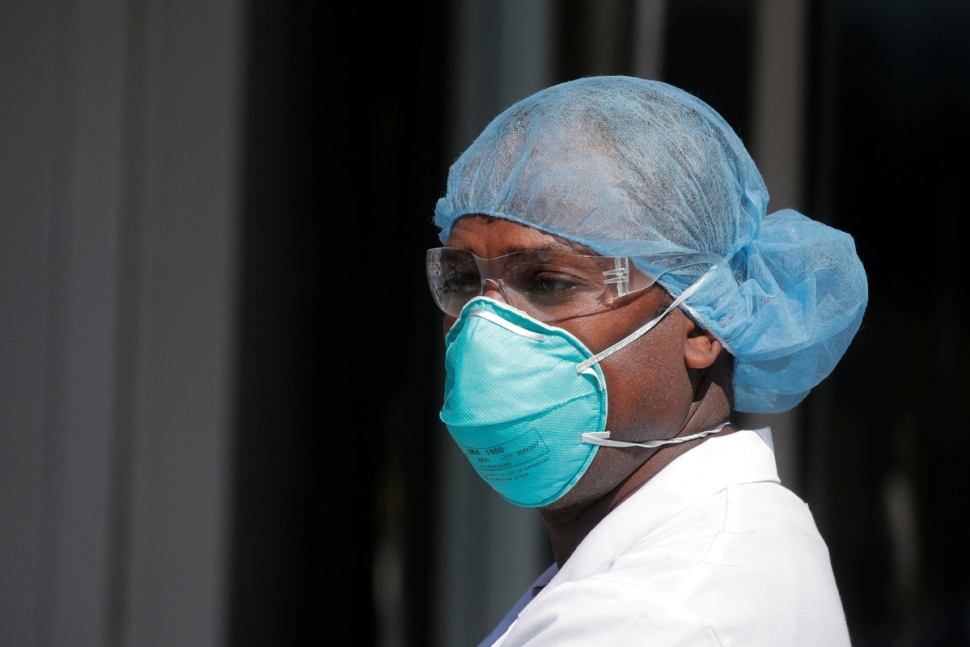
US to distribute 400 million free N95 masks at CVS, Walgreens in COVID fight
2022-01-21
-
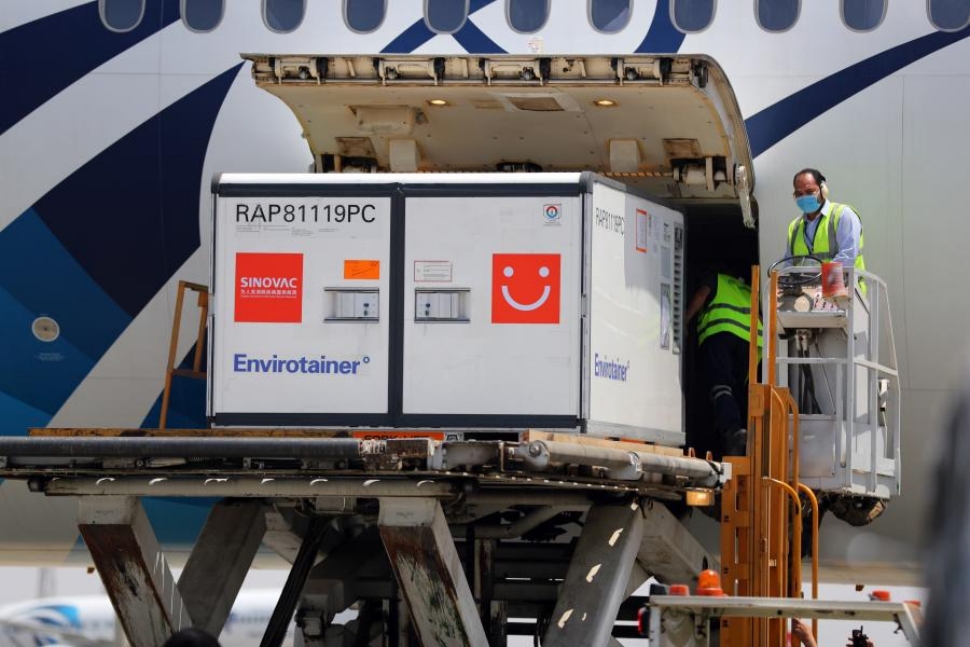
Ethiopia receives additional 2.2 mln doses of Chinese-donated COVID-19 vaccines
2022-01-21
-

Hong Kong researchers say they develop novel material able to kill COVID-19 virus
2022-01-14
-
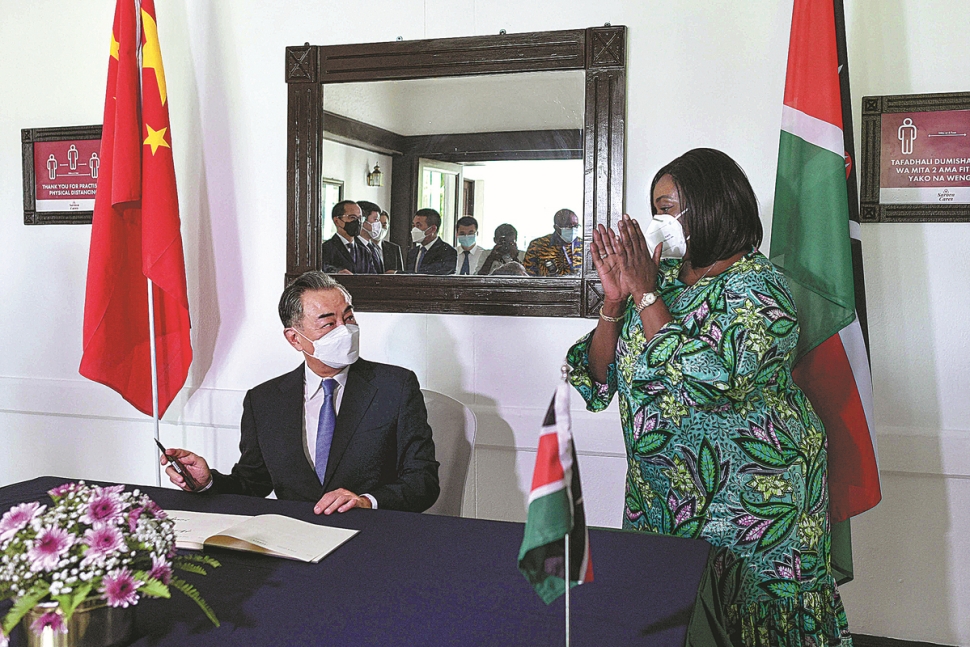
10 million more Chinese doses on way for Kenya
2022-01-14
-

Sino-African ties on track for a brighter future
2022-01-07
-

Efforts urged to boost COVID-19 vaccine production capacity in poor countries
2022-01-07
-

UAE approves Sinopharm's new protein-based COVID-19 vaccine
2022-01-07
-

UAE approves Sinopharm's new protein-based COVID-19 vaccine
2022-01-07
Connecting Europe and China amid pandemic
2020-05-20
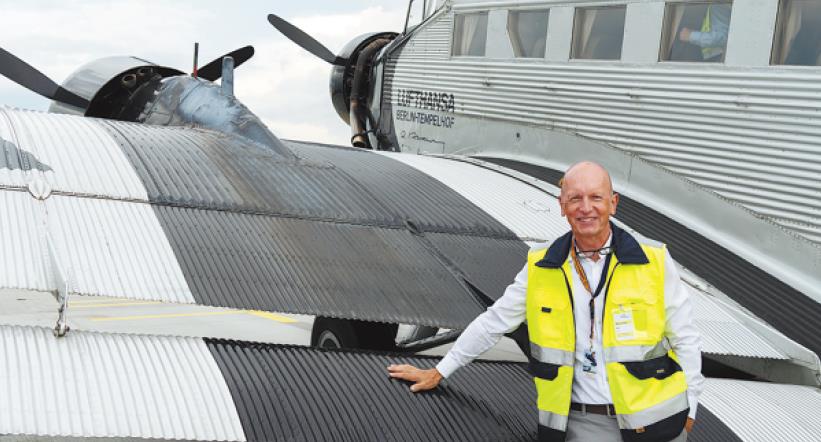
Some 105 Lufthansa flights per week between Germany and China are taking to the skies carrying vital supplies amid the pandemic battle, said a senior executive with Lufthansa Cargo.
"The number shows the importance of air cargo in keeping China and Europe connected in these critical times," said J. Florian Pfaff, vice-president of Asia-Pacific for Lufthansa Cargo.
Government authorities and aviation players are joining hands in the air cargo business worldwide. "We feel a high responsibility in maintaining supply chains for both global health and world trade to help weather the current crisis," Pfaff told Xinhua News Agency.
Air cargo services are now more important than ever before, and China is making persistent and comprehensive efforts to facilitate global air cargo exchanges.
Civil aviation authorities of China have continuously introduced encouraging policies, guidance and "green channels" to facilitate airlines in their cargo missions to help fight the COVID-19 pandemic.
"We are glad we can play our part in ensuring the worldwide flow of relief goods like masks and other protective equipment," Pfaff said.
The COVID-19 pandemic has triggered surging demand for air cargo transport in global markets. It is primarily driven by the immediate need for emergency medical supplies and other vital supplies.
To meet this demand, Lufthansa has deployed all Lufthansa Cargo freighters to take to the skies. It is also utilizing 25 passenger aircraft of other airlines under the Lufthansa Group to carry cargo.
To ensure more space is available for freight, they removed seats in some of these aircraft.
Due to continued strong demand, the number of passenger planes operating as freighters may even rise in the coming weeks, Pfaff added.
In February, Lufthansa Cargo worked round the clock to deliver much-needed masks and protective equipment to China.
"Now, it is the other way around. We are helping to serve our home market and Europe, delivering medical goods like masks and gloves from China," he said.
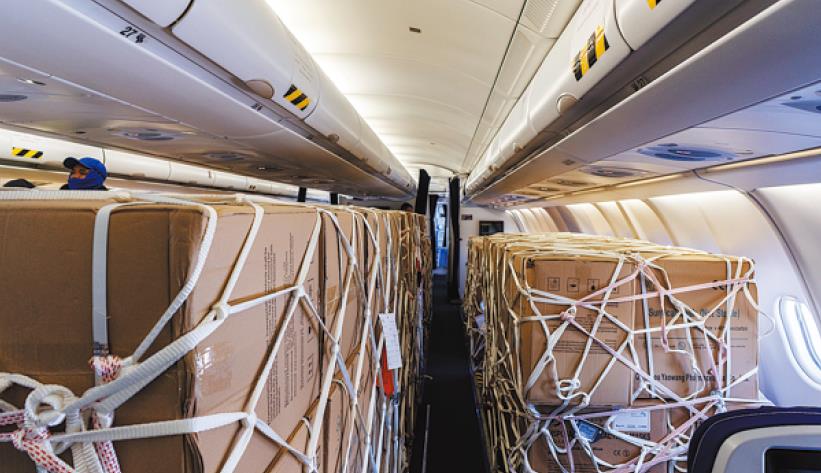
Normally, Lufthansa Cargo deploys 25 percent of its freighter capacity to the Chinese market. Currently, as passenger aircraft are used as freighters, its market share here has increased to about 30 percent.
This translates into a staggering 105 flights per week to and from Shanghai, Beijing and Nanjing, Jiangsu province, to provide much-needed medical supplies for European countries, Pfaff said.
Under normal conditions, Lufthansa Cargo enjoys a market share of around 12 percent for air cargo shipped between Europe and China, and 25 percent between Germany and China.
As of the end of April, Lufthansa had carried a total of more than 1,900 metric tons of vital supplies between Germany and China, among which 1,300 tons were sent by passenger aircraft being utilized as freighters, and more than 600 tons on its regular freighters.
Between March 23 and April 19 alone, Lufthansa cargo flights carried around 200 million masks.
Air transport remains the fastest means of transportation to ship goods around the globe. "Regardless of there being a crisis or not, air cargo will always provide value for its customers," Pfaff said. "In this context, China is and will remain one of our most important world markets."
In the current situation, Lufthansa Cargo will continuously carry protective equipment by using both freighters and passenger aircraft to ensure a steady flow of much-needed supplies from China to Europe.
To enhance its role in the Chinese market, the German carrier is committed to better serving its Chinese customers.
" (We achieve this by) bringing capacity back as soon as possible, providing the best service, offering the best products and having the best people on board," Pfaff added.
(From China Daily|By Hu Tao)



 My Member
My Member Message Center
Message Center











